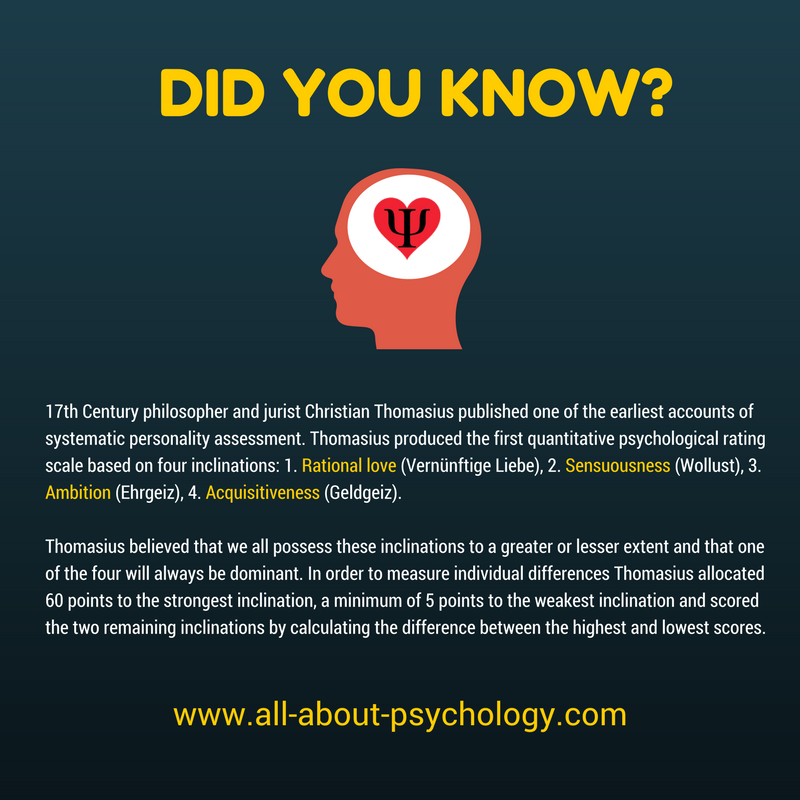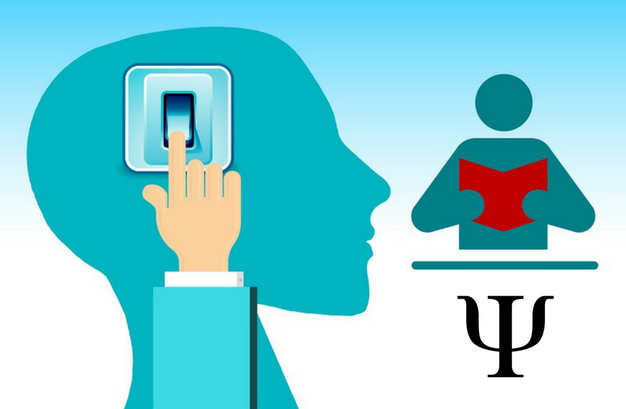Psychology Classics On Amazon

The Enneagram Personality Test
Often referred to as a journey guiding us into the depths of our inner psyche, the Enneagram of Personality, also commonly known as the enneagram test offers a rich tapestry of understanding about human behavior. This dynamic system of identifying personality, based on nine interconnected personality types known as enneatypes, has taken on a life of its own in the field of self-awareness, and beyond.
The origins of the Enneagram of Personality stretch back to ancient times. Influences are found in multiple wisdom traditions including Christian mysticism, Islamic Sufism, Judaism, Buddhism, and Greek philosophy. In modern times, the teachings of Oscar Ichazo and Claudio Naranjo have shaped the Enneagram as we know it today.
Introduced to the West in the 1970s, the Enneagram proposes that human beings are born with a dominant personality type, determined by specific psychological motivations and concerns. These nine types can be broken down into three triads: the instinct triad (types eight, nine, and one); the feeling triad (types two, three, and four); and the thinking triad (types five, six, and seven).
What makes the Enneagram of Personality distinct among personality typologies is its dynamic model. Each type reflects a comprehensive pattern of thinking, feeling, and acting influenced by a core motivation. It appreciates individual complexity as each type can shift or 'move' to another in times of stress or security, a notion encapsulated in the idea of 'wings' and 'lines of integration/disintegration'.
The Enneagram of Personality, is a framework for understanding the human psyche, primarily recognized and taught as a classification system comprising nine interconnected personality types.
Let's delve into the nine personality types. Type One, often called the Reformer, values integrity and strives to improve themselves and others. Type Two, the Helper, is driven by the need to be loved. Type Three, known as the Achiever, thrives on success and validation from others.
On the other hand, Type Four, the Individualist, craves to create an identity different from others. Type Five, the Investigator, prides themself on their intellect and knowledge. Type Six, referred to as the Loyalist, seeks security and support.
Type Seven, the Enthusiast, bursts with the energy to experience life to the fullest. Type Eight, the Challenger, is commanding, confident, and seeks control over their own life and destiny. Lastly, Type Nine, the Peacemaker, aspires to maintain peace and harmony.
It's important to mention that we all have a bit of each type in us, but one tends to dominate. Additionally, your 'wing' is the adjacent type to your dominant type which significantly influences your personality, making your Enneagram type even more nuanced.
While the Enneagram of Personality is not exclusively used in one area, it finds a prominent place in various contexts. It acts as an aid in self-awareness and self-development, enriches relationships, proves useful in psychotherapeutic contexts, and serves as an effective tool for organizational and leadership development.
In the realm of research, a limited number of studies have found, the Enneagram of Personality to be a valid measure of personality, insofar as correlations between Enneagram types and the Big Five personality traits have been reported. However, its detractors view the Enneagram of Personality test as an example of pseudoscience, due to the lack of rigorous empirical research and validation compared to other personality inventories such as the Big Five. Others question the vague and broad descriptions of the nine types, which might lead to the 'Forer effect', where people identify with descriptions that apply to many people.
Despite these criticisms, it remains popular, particularly among millennials driven by the pursuit of self-understanding and development. From Instagram accounts dedicated to Enneagram types to an array of books and podcasts detailing the system, the Enneagram of Personality has occupied a significant place in pop culture.

Diving further into the Enneagram model, we find the concept of 'instinctual subtypes'. Each type can manifest differently depending on whether one's dominant instinct is self-preservation, social, or sexual (meaning one-to-one relationships). Considering these instinctual variants adds another layer of depth to understanding personality types.
The psychometric properties of the Enneagram, though not extensively studied, show some promise. A few studies have found an adequate degree of internal consistency for the Riso-Hudson Enneagram Type Indicator (RHETI), one of the most popular tests available to determine one's Enneagram type.
While certainly not exempt from valid criticism, the strength of Enneagram arguably rests in its ability to capture the dynamic and fluid aspects of human personality. It gives us a language to express our inner experiences, deepening our self-awareness and discerning our paths to self-growth.
Many individuals and professionals credit the Enneagram for enabling breakthroughs in their personal and professional lives. With its ability to illuminate our strengths, weaknesses, unconscious motivations and fears, it offers a valuable framework to facilitate self-transformation.
Following the Enneagram path can indeed be challenging, requiring honesty and willingness to confront our darker sides. Despite the discomfort, the insight it provides into our underlying motivations, and behaviors can be enlightening, leading us to healthier relationships with ourselves and others.
An interesting aspect is the cyclical nature of the Enneagram; it reflects the idea that personal growth is not linear but a journey of peaks and valleys. This revealing self-discovery process encourages individuals to be more understanding, compassionate, and accepting toward themselves and others.
An essential caveat to remember is that the Enneagram doesn't label or box us into categories. Rather, it guides us toward recognizing our patterns, confronting our blindspots, and carving paths to healthier versions of ourselves. It's a tool for exploration rather than a definitive diagnosis.
As you continue to explore the fascinating world of the Enneagram, remember that while it provides meaningful insights, it's one perspective among many to understand the complex tapestry of human personality. Pair it with an open mind and a thirst to comprehend your inner world and you will reap the benefits it bestows.
In closing, the Enneagram of Personality, despite criticisms and ongoing debate, stands as a powerful framework to improve self-understanding, promote personal growth, and deepen compassion. Its strength lies in its dynamic, holistic, and profoundly human approach to understanding personality. As we navigate the labyrinth of human psyche, remember that understanding one's personality can be the first step toward nurturing healthier relationships with self and others, and creating a more authentic life.
Want to read more great articles?
See following link to check out a fascinating collection of psychology articles by leading academics and researchers.
This Psychology Symbol - Vintage Retro Striped Sunset T-Shirt is available from Amazon (prime eligible) in a range of colors for women and men. Sales help support this website, which has been providing free and comprehensive information and resources for psychology students and educators since 2008.
Recent Articles
-
Aloneness vs Loneliness: Understanding the Psychological Difference
Apr 07, 25 02:40 PM
Discover the key differences between aloneness vs loneliness and why understanding this matters for your mental health, emotional resilience, and personal growth. -
All About Psychology
Apr 06, 25 11:43 AM
A psychology website designed to help anybody looking for detailed information and resources. -
Stop Overthinking: 5 Psychology Tips That Actually Work
Apr 06, 25 11:27 AM
Learn how to stop overthinking with 5 psychology tips that actually work. Discover science-backed ways to clear your mind and make better decisions.
Know someone who would love to learn about The Enneagram Personality Test? Share this page with them.
Please help support this website by visiting the All About Psychology Amazon Store to check out an awesome collection of psychology books, gifts and T-shirts.
Go From The Enneagram Personality Test Back To The Home Page






